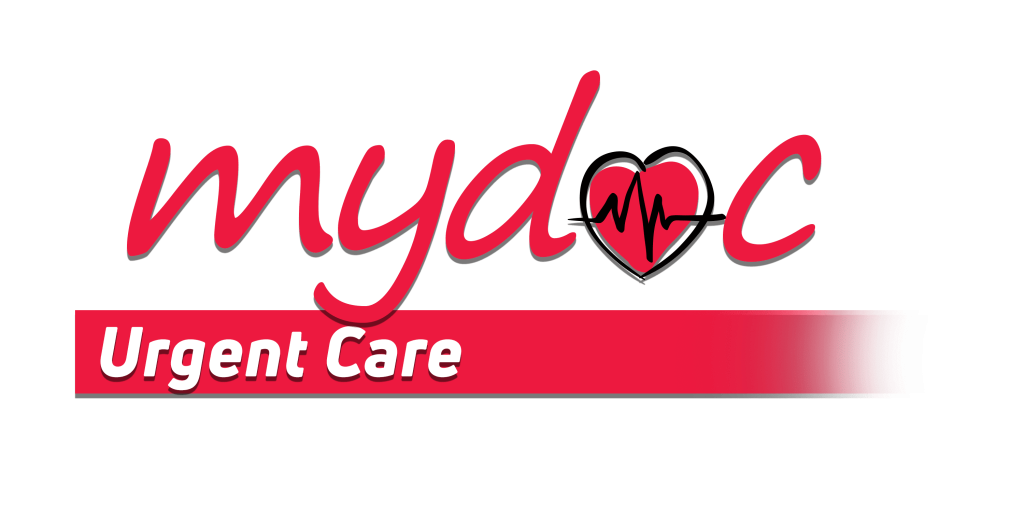HEART ATTACK (MYOCARDIAL INFARCTION)
Myocardial infarction is the medical terminology used for heart attack. When the blood flow to the heart is blocked, it leads to a heart attack. Due to blockage, the oxygenated blood is prevented from reaching a section of the heart muscle. If the blood flow is not restored immediately, the section of the heart muscle begins to die. The blockage is most commonly due to cholesterol, a plaque of arteries and fat buildup.
SIGNS AND SYMPTOMS
Symptoms of heart attack are different from person to person. The scale of pain can be mild or severe. Early signs include recurrent chest pain or pressure after exertion. Here a few general signs and symptoms of the condition
- Feeling pain or pressure in the upper extremities, chest, and arms. The pain may radiate towards the back, neck, and jaw.
- Nausea, heartburn, abdominal pain, or indigestion
- Feeling short of breath
- Tiredness
- Dizziness or lightheadedness
- Cold sweats
- Coughing or wheezing
- Some people report symptoms of heart attack similar to anxiety. They report symptoms of having a panic attack.
CAUSES
- Coronary Heart Disease
It is the most prominent cause of heart attacks. It occurs due to the blockage of major heart vessels. It usually occurs due to deposits of cholesterol in the arteries (Plaques).
- Misuse of drugs
Usage of stimulant drugs such as cocaine, meth can trigger heart attacks because these drugs cause the narrowing of the coronary vessels.
- Hypoxia
A decrease in the oxygen levels in the blood can lead to a heart attack. Carbon monoxide poisoning is a hypoxic condition.
TREATMENT
The treatment for a heart attack depends on the stage that the patient is in. Prompt treatment help in better recovery.
- During a heart attack
If an individual is not breathing, start CPR immediately with the help of defibrillator or manual chest compressions.
- Following a heart attack
patient will need medications to prevent any future heart attacks. These include anticoagulants or antiplatelet, Anti-hypertensive, Statins. Some doctors also recommend glycoprotein IIIb/IIIa inhibitors. These drugs do not prevent the formation of a blood clot. However, they do prevent the blood clots from getting bigger. It helps in aggravation of the symptoms. In some cases, the patient may need surgical intervention in the form of CABG or angioplasty.
At MyDoc Urgent Care, we specialize in dealing with heart attacks and all its complications. We have a team of highly qualified cardiologists that will help in the effective and timely management of myocardial infarction.
Visit us at one of our convenient locations in forest hill, East meadow, Bronx, Brooklyn, Jackson height and little neck.
